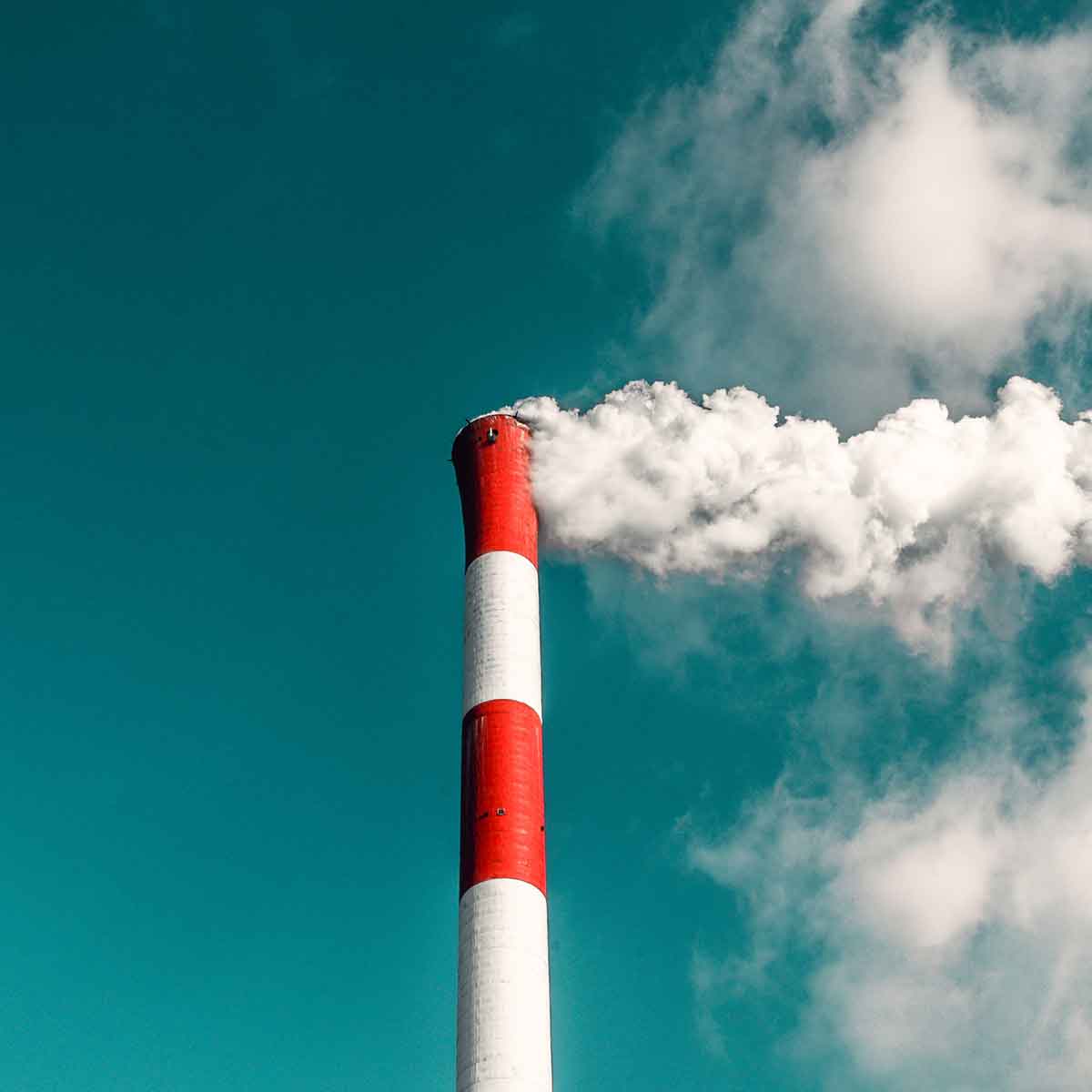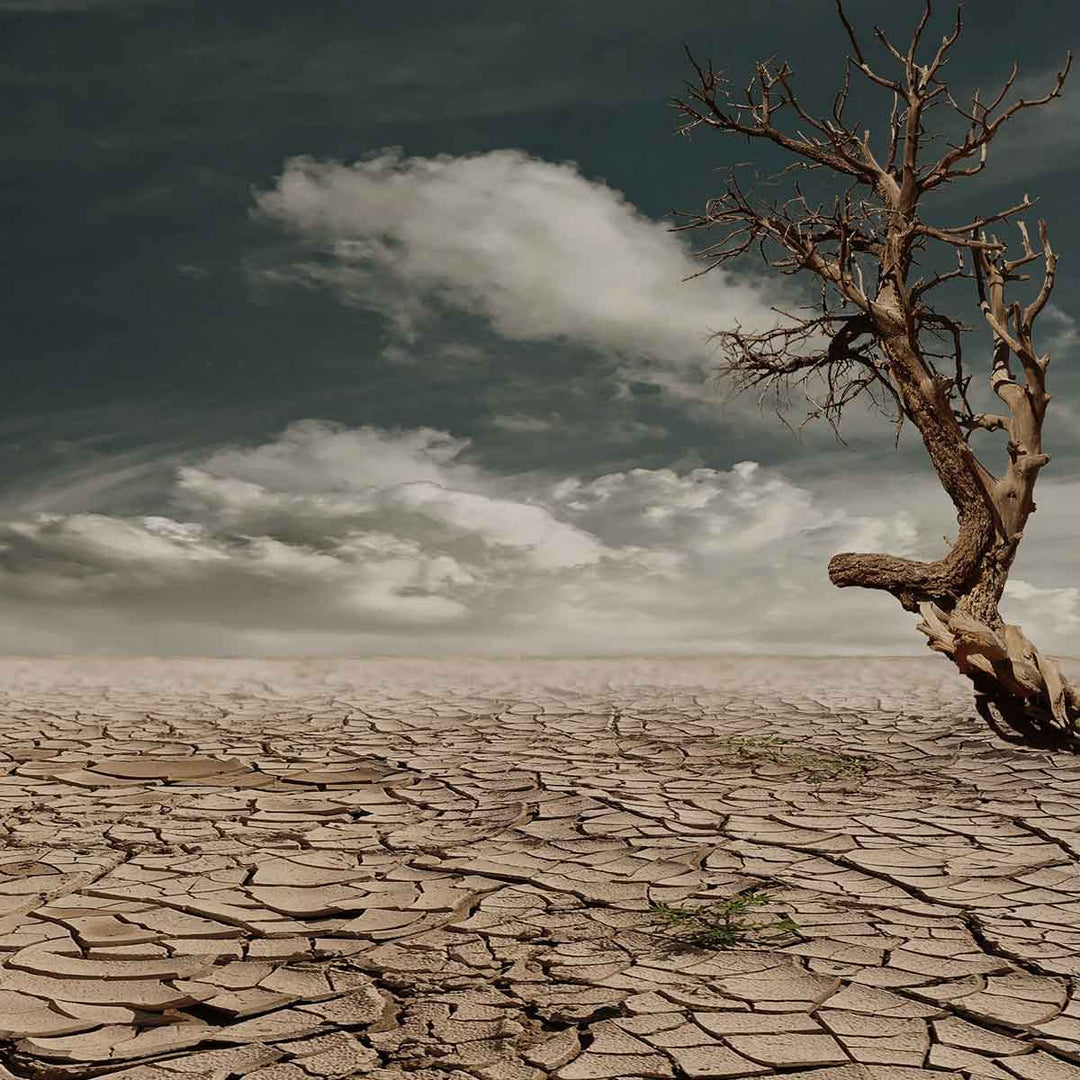Global warming, as the name suggests, is a common problem affecting the whole world. This situation, which causes the balance of nature to deteriorate rapidly, is caused by many different reasons. Although it is not felt very intensely in daily life, the main cause of this warming, which disrupts the balance of the earth, is the greenhouse gas. The gas, which warms the earth and causes climate change, causes the air to gradually become hotter. These days, when the world has not had enough time to heal its own wounds, questions such as what is the greenhouse effect are of great importance. Of course, this has not only emerged in a few years. The greenhouse effect, which has been fought for years since the ozone layer was depleted, is the main source of global warming. If you are wondering what the greenhouse effect is, we can explain it in simple language, no matter how bitter it is. Nitrogen and sulfur gases released into the air by many machines and objects invented by human hands accumulate in the air. The intense amount of heat and radiation reaching the earth through the depleted ozone layer clings to these gases and creates a greenhouse effect. Greenhouse gases, which increase the temperature in the atmosphere in this way, cause climate change, that is, global warming.
What are the Main Greenhouse Gases?
Although increasing temperatures, changing climates, extinct plant and animal species, melting glaciers and many other similar situations bring to mind the question of what is the greenhouse effect, the question of what greenhouse gases are also comes to the fore. Greenhouse gases are gases that were banned years ago. The main gases that trap heat and create a greenhouse effect are sulfur and nitrogen. In fact, these gases do not leave the earth easily. Because these gases, which cling tightly to the air, create an acid effect with the vapor, are stored in rain clouds and cause acid rain. Then, as rain, they contaminate the soil with toxic compounds. This vicious cycle of evaporation, air adsorption, condensation and precipitation is the basis of the greenhouse effect.
What are the gases that cause the greenhouse effect?
Sulfur and nitrogen, which were first identified among the causes of the greenhouse effect, are two of the gases that were banned to be emitted years ago. However, these gases, which are constantly produced in many areas such as industry, transportation and heating, make the greenhouse effect the world's fearful dream. Of course, in addition to sulfur and nitrogen, there are many other gases that create a greenhouse effect. Carbon dioxide, methane, nitrous oxide, hydrofluoride carbons, prefluoro carbons and sulfurhexa fluoride are greenhouse gases. The amount of these gases emitted into the atmosphere is referred to as greenhouse gas emissions.

Why do greenhouse gases cause the Earth to warm?
Understanding why the greenhouse effect causes warming is crucial for understanding the issue. Because in order to stop the release of these toxic gases as soon as possible, it is necessary to know their effects and how they work. The greenhouse effect and global warming are directly linked. When the ozone layer, which protects the earth from the harmful rays of the sun, is depleted, the earth is intensely exposed to harmful solar radiation. When these harmful rays are combined with the greenhouse effect, the world starts to heat up more. The greenhouse effect affects the entire air, causing heat and radiation to stay on earth for longer. Toxic gases such as sulfur and nitrogen released into the air trap and concentrate heat, causing the earth to heat up.
How do greenhouse gases increase in the atmosphere?
The greenhouse effect is one of the global problems that have been trying to be solved for many years. Because the greenhouse, which is strong enough to disrupt the entire balance of the world, reaches a terrific speed with the increase of gases. In addition to the question of what the greenhouse effect is, why and how the gases increase is also of great importance. Greenhouse gases are actually directly linked to air pollution. In other words, all sources of heating, transportation and industry that cause air pollution release the gases necessary for the greenhouse effect into the air. The greenhouse effect, which has reached a frightening speed with the increase in air pollution, is caused by unconscious consumption and urbanization. Heating methods such as coal, which are preferred because they are cheap, release gases that create the greenhouse effect. In addition, industrial facilities that do not comply with the rules and are unbalanced emit countless toxic gases, especially sulfur and nitrogen. The increasing use of private vehicles is enough to take the world's breath away with exhaust gases.

What are the consequences of the greenhouse effect?
If the questions of what is the greenhouse effect and how it occurs are complete, it is time to look at the damages of the greenhouse effect. It is certain that these consequences will be extremely destructive both immediately and in the long term. Directly;
The greenhouse effect, which pollutes the air, water and soil, has damages that cannot be counted.
It causes glaciers to melt and ocean levels to rise.
The increase in water diminishes the amount of land.
In certain regions, the risk of disasters such as floods and hurricanes increases.
In some regions, on the contrary, severe drought and thirst are observed.
Winter temperatures increase, spring comes early and fall late.
Migration periods of animals change and many species we see around us start to disappear.
It leads to global warming.
Toxic gases and air temperature have negative effects on human health.
It causes many damages from heart diseases to respiratory diseases.
Air with increased carrier power increases infectious allergies and diseases.
How can it be prevented?
The greenhouse effect is powerful enough to bring the world closer to a bad end if it is not prevented. This effect, which not only increases the temperature of the earth but also directly threatens living life, can be prevented by various methods before it is too late. However, global changes are required to prevent the effects of greenhouse gases. This requires first raising public awareness and then using technology to take the necessary measures.
Low-energy industrialization should be encouraged to slow down the release of greenhouse gases.
New greenhouse gas emission classes for low-energy systems should be introduced for industrial facilities.
Public transportation should be preferred instead of private vehicles.
Necessary infrastructure should be provided for non-motorized transportation at close distances.
Develop adequate waste collection and production infrastructure for recycling.
Old land, air and sea vehicles that consume too much fuel should be phased out of service.
Wetlands should be protected and afforestation should be encouraged wherever possible.
Lakes and ponds should be treated with environmentally friendly systems.
The use of heating, cooling and kitchen appliances with low energy consumption should be encouraged.
Energy efficient appliances should be preferred in all areas of life.
Wastewater should be treated and made suitable for use where possible.
Low calorie and poor quality fuels should be withdrawn from use.
High calorie fuels should be preferred for heating, transportation and production areas.
Regional and natural gas heating systems should be used wherever possible.
The disposal of factory and household wastes by incineration in inappropriate facilities should be prevented.
The mixing of all kinds of wastes with soil or water should be prevented by strict sanctions.
Appropriate chimney filtration technologies should be preferred for industrial facilities.
Industrial facilities should be located away from all areas open to development.
Exhaust emission inspections of motor vehicles should be carried out periodically.
Vehicles with low emission values should be preferred.
As a personal measure, household garbage should be separated, collected and recycled.
And for good measure, preferring our recycled towels also helps the mother nature!













